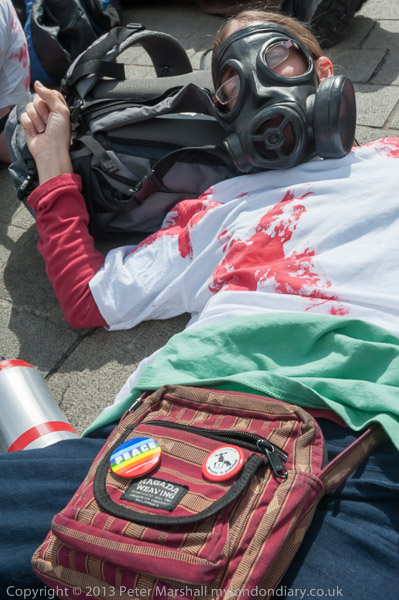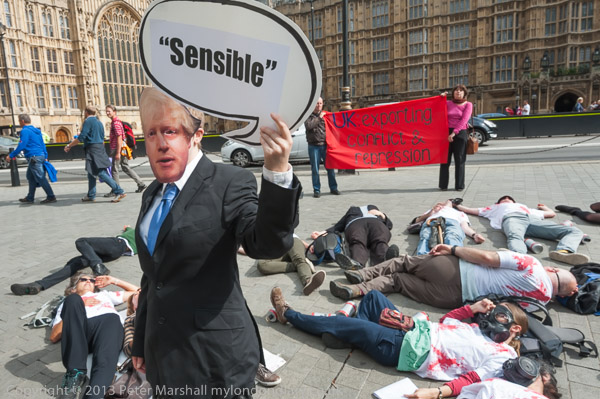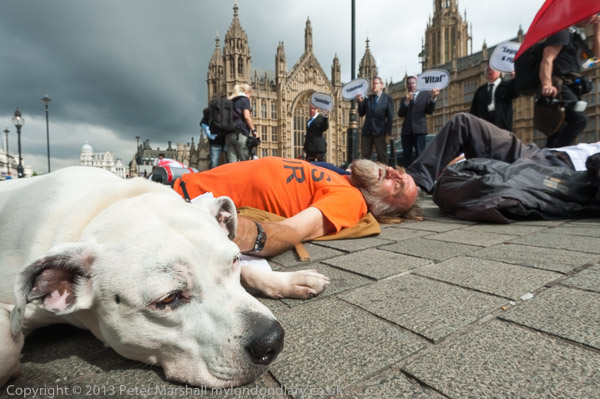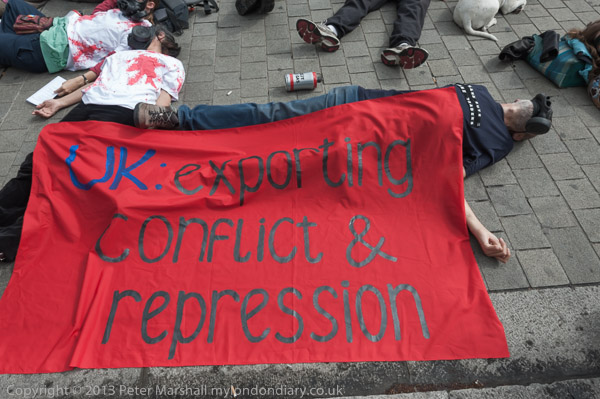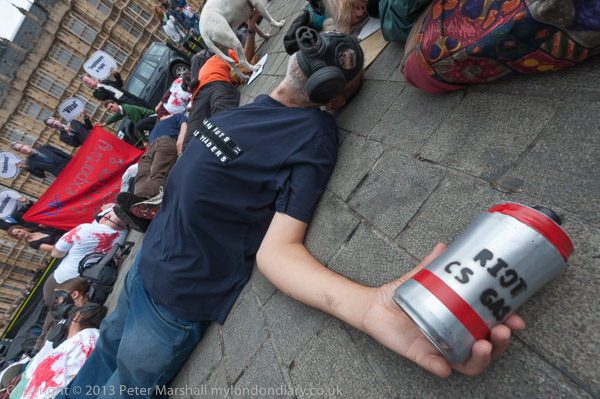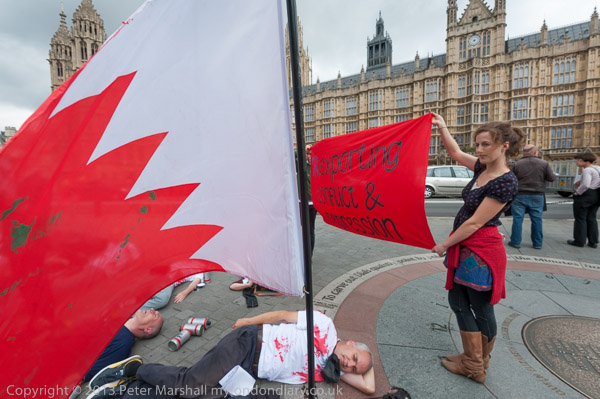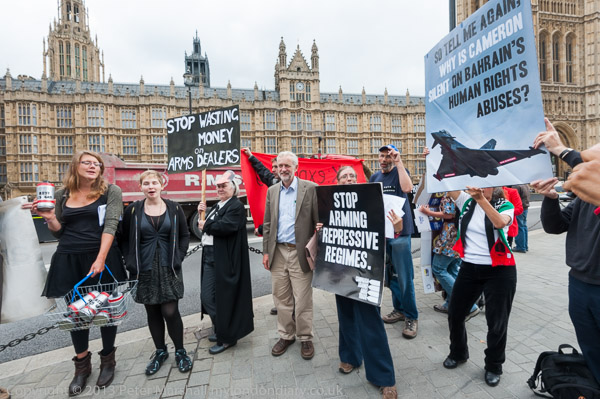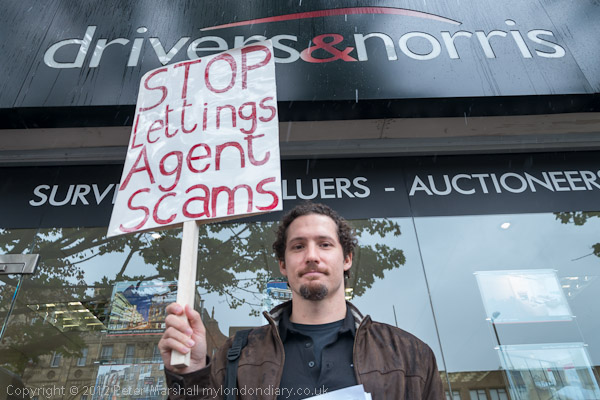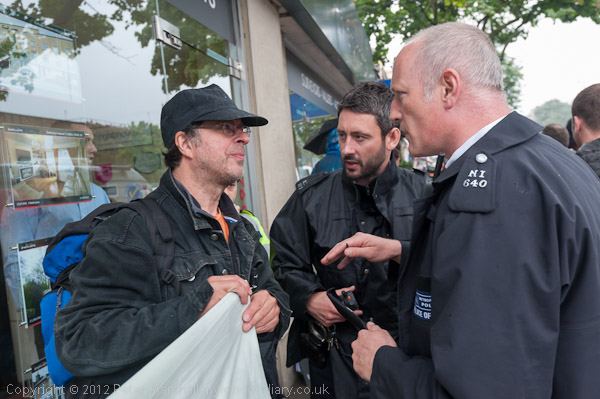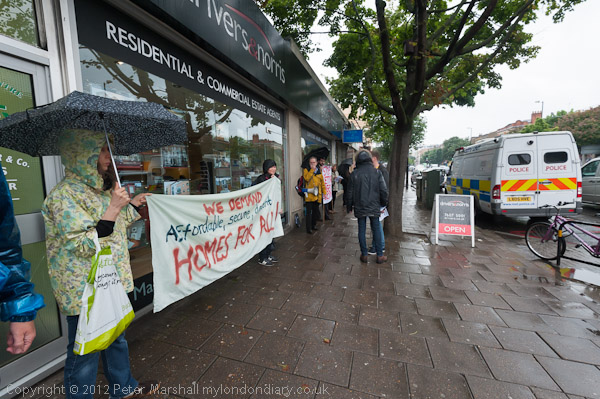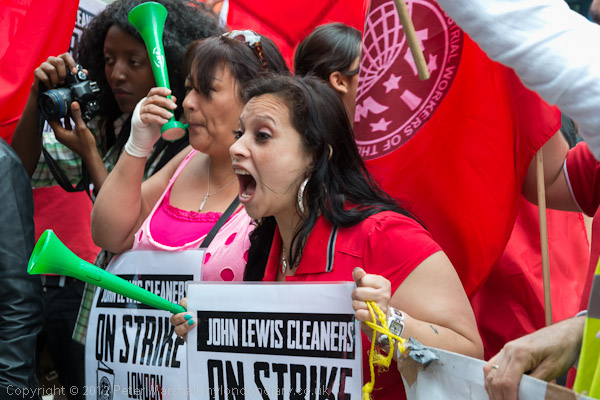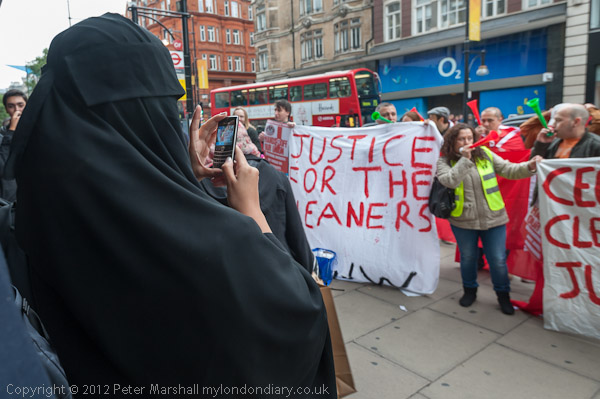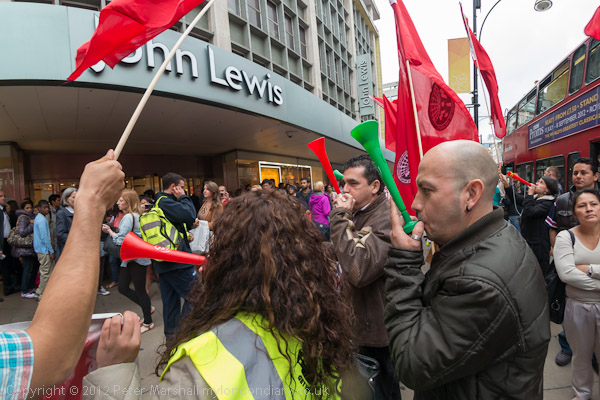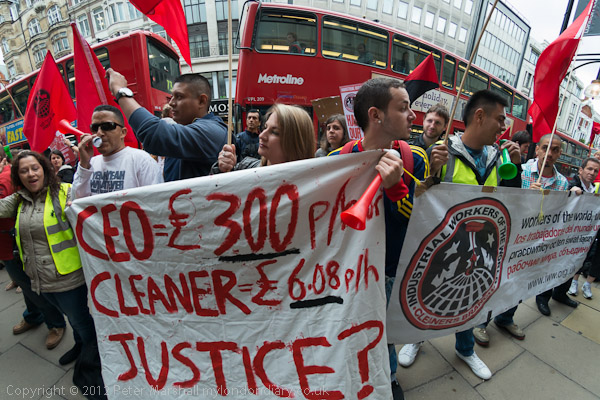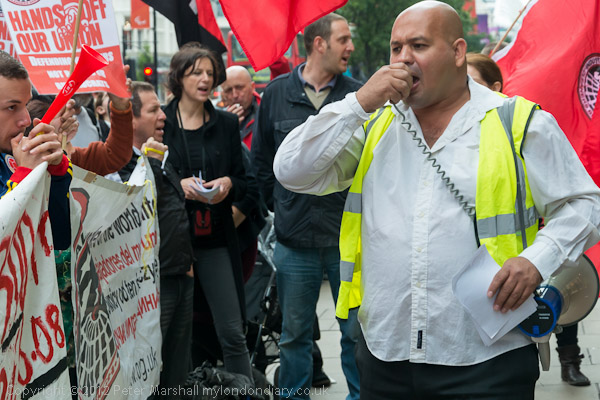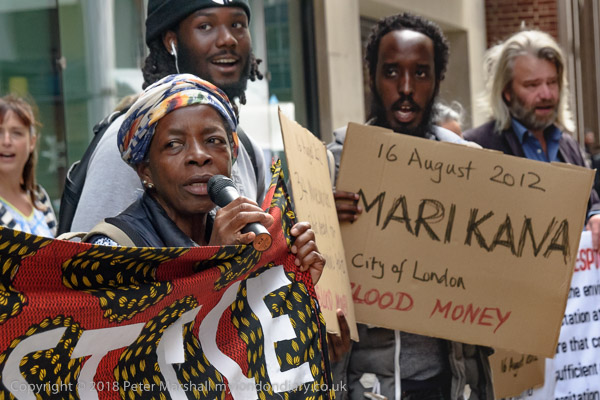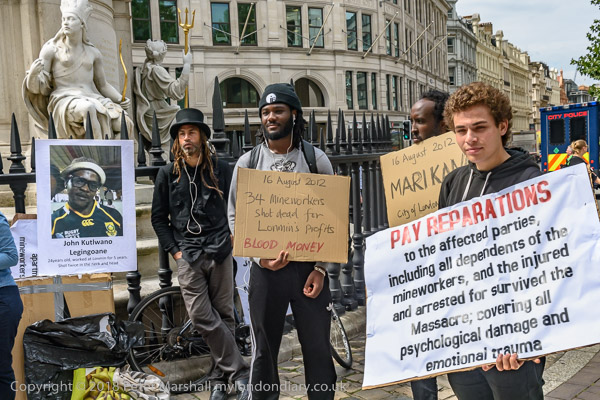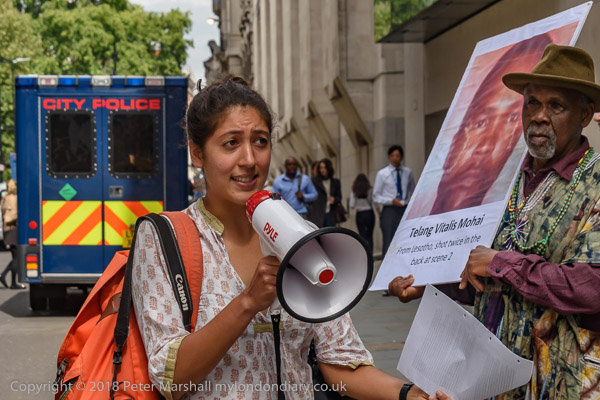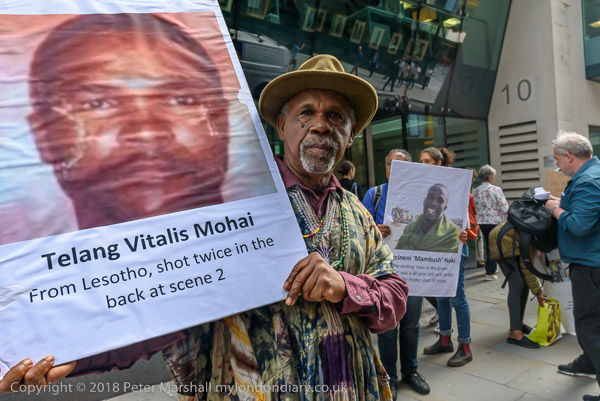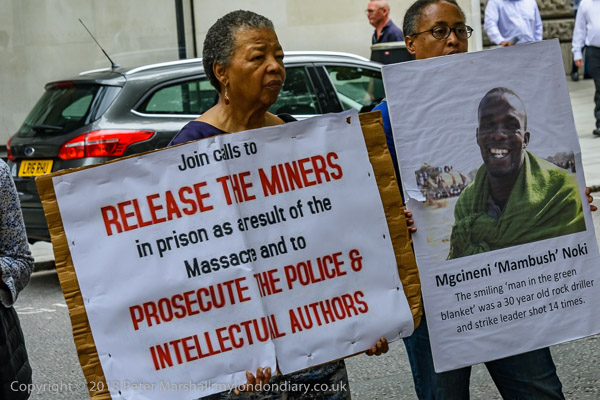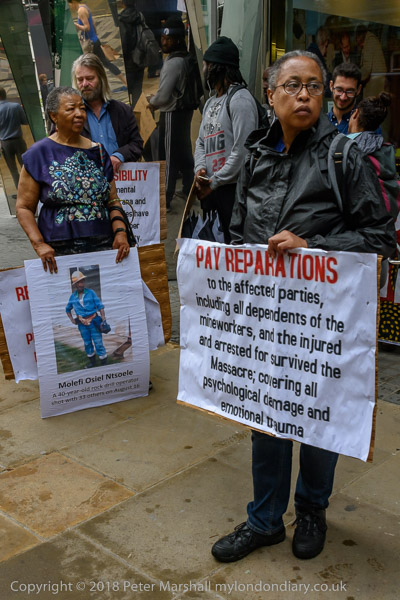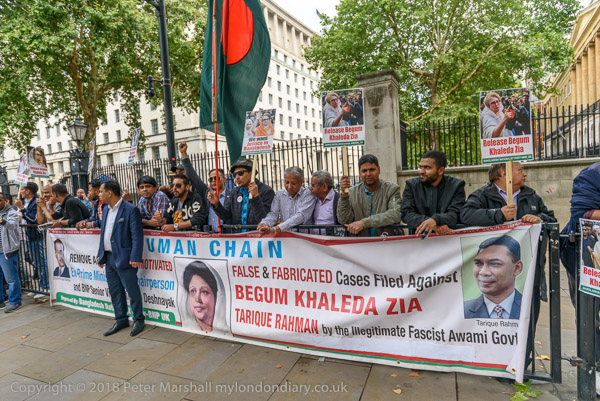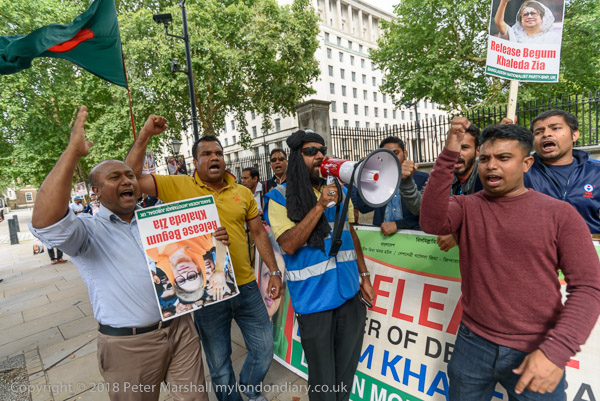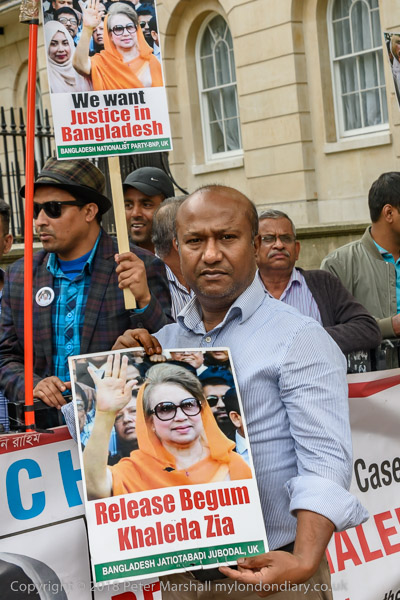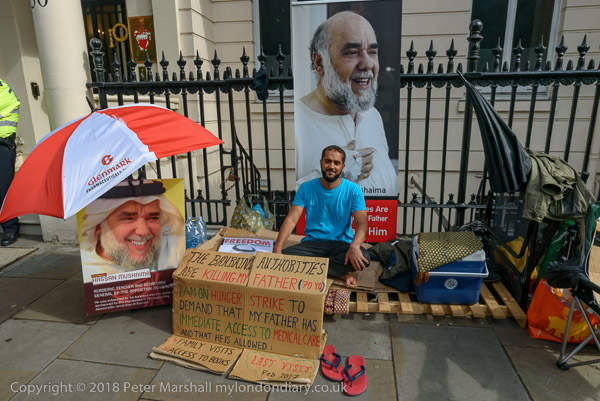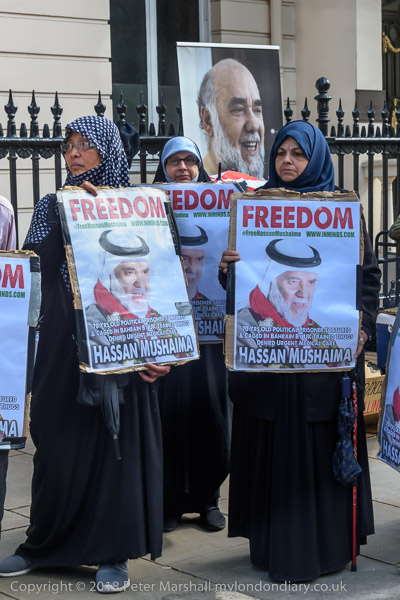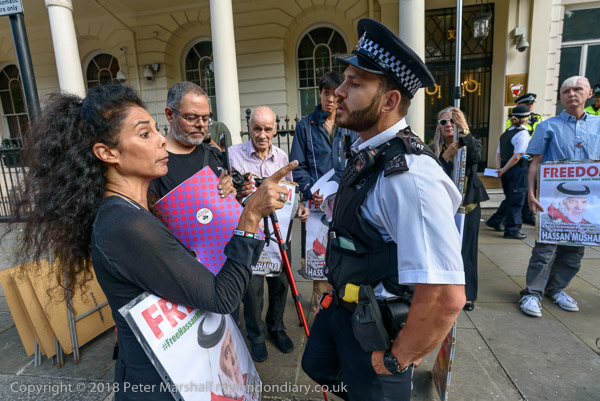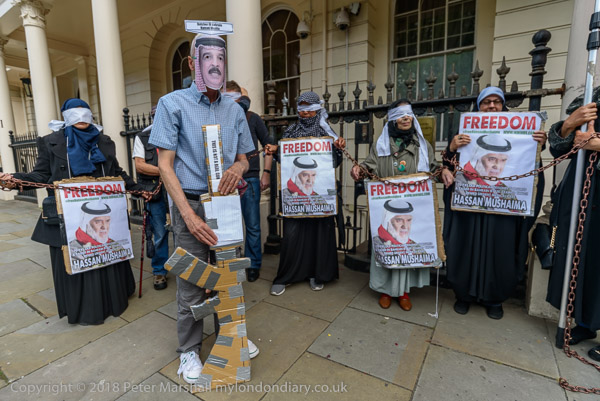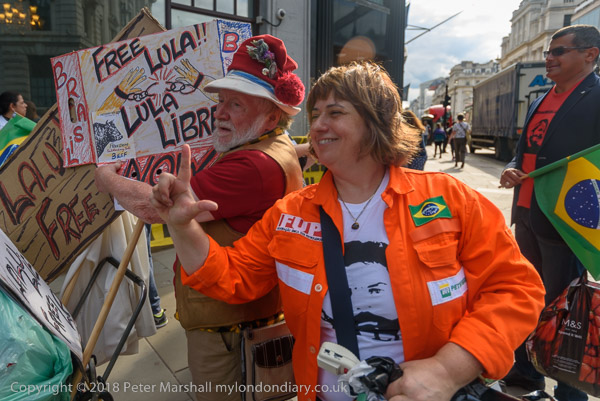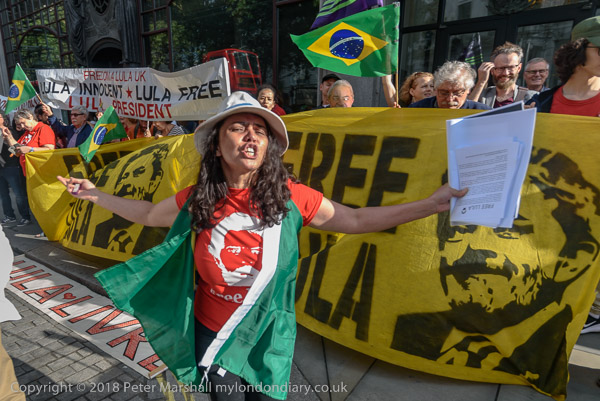Lettings Scam, Bears, Bahrain & John Lewis: Saturday 14th July 2012 was another day I spent travelling to protests around London. On the Holloway Road Harringey Private Tenants Action Group protested against letting agents who take hundreds of pounds from people looking for homes but do nopthing for them, PETA marched from Waterloo to Marble Arch against bears being killed to make busbys for the guards, a protest at the Bahraini embassy in Belgrave Square against killing and jailing of political prisones. Finally I went to John Lewis in Oxford Street where cleaners were calling to be recognised as partners in the business and to be paid the London Living Wage.
Tenants Protest Letting Agents Scam – Drivers & Norris, Holloway Rd
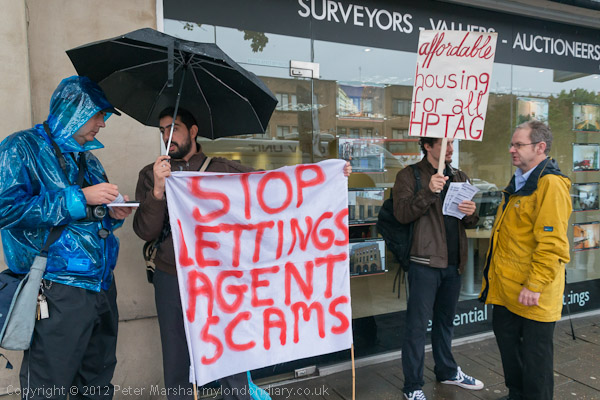
I photographed protesters standing in the rain outside letting agents Drivers & Norris on Holloway Road, condemning them for taking over £300 from home seekers and providing nothing return but refusing to return the payment.
Harringey Private Tenants Action Group stated:
Agency ‘fees’, reference ‘checks’, admin ‘fees’, leaving ‘fees’ are all costs that have been created over the past few years by and for Letting Agents like Drivers and Norris, to increase their profits and exploit the basic nee of tenants to find a home. We, as private tenants, will not accept this anymore. We have a right to really affordable, secure and decent housing just like anyone else.
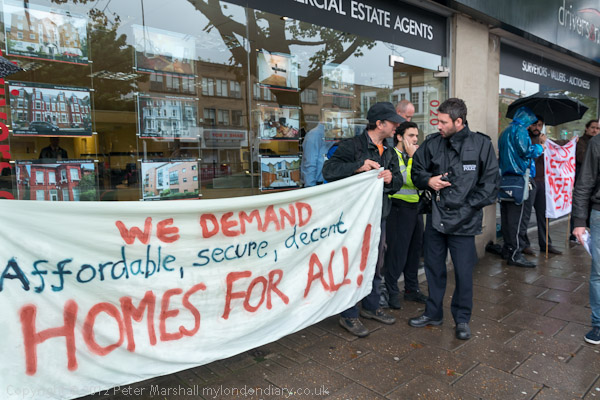
Police came and tried to get the protesters to end their protest, claiming it might distract drivers on the busy main road. The protesters told the police firmly that they were simply trying to suppress lawful protest and if they considered there was any real danger they should divert traffic from the area and that instead of wasting police time here they should be investigating the Drivers & Norris scam rather than harassing protesters.
I commented that there was no real reason for any police presence as there was “unlikely to be any breach of the peace. But I suppose it was an easy number to drink tea in the estate agents“.

On My London Diary I pointed out that agents had profited enormously from high property prices in London, now well above what people on average or lower wages can afford, and that successive governments had weakened the security of private tenants and cut the provision of social housing creating the current dire housing problems. Many new developments were also being aimed at overseas investors to enable them to take advantage of the rapidly rising property prices while often leaving the properties empty.
Tenants Protest Letting Agents Scam
PETA ‘Spare the Bears’ March – Marble Arch
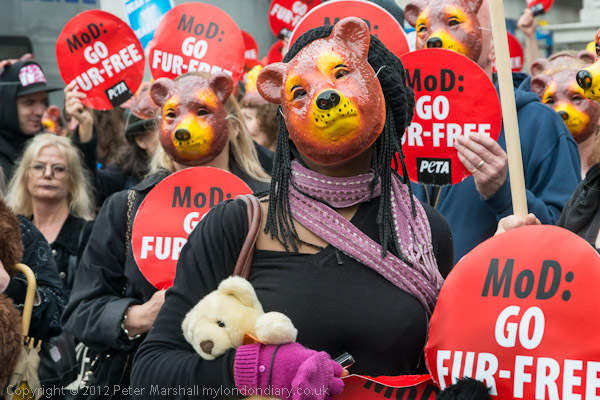
PETA (People for the Ethical Treatment of Animals) had stated:
It can take the entire hide of one Canadian black bear to make just one cap. Bears can be shot several times before they die, and some escape and bleed to death. In some Canadian provinces, there are no restrictions on the shooting of mothers who have nursing cubs, leading to the slaughter of entire families during hunts.
We need to send a clear message to the Ministry of Defence that the slaughter of wildlife for The Queen’s Guards’ ceremonial headwear is unacceptable and that the time has come for them to go fake for the bears’ sake.
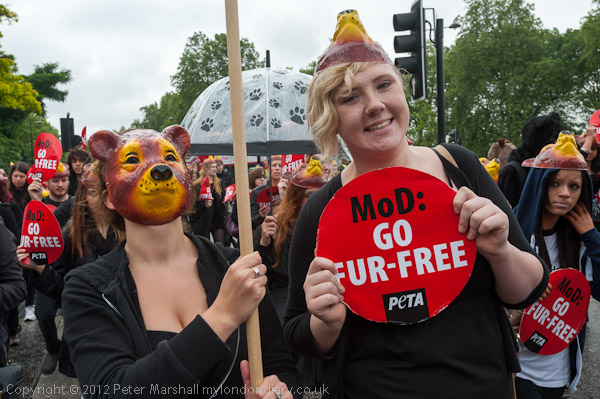
I’d called in to the start of the march next to the Shell Centre at Waterloo before going to Haringey, but hadn’t taken any pictures, deciding instead to meet them at the end of the march. It took them much longer than they had expected and I’d almost given up when I saw them coming up Park Lane and rushed to take pictures.
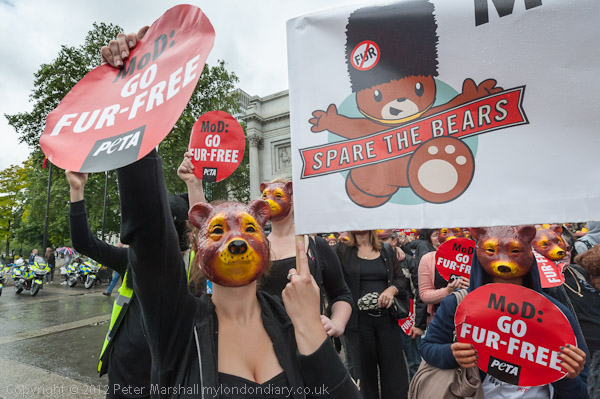
It was perhaps a too regimented protest with so many identical placards and bear masks provided by PETA which made it difficult for me to find anything really different to photograph.
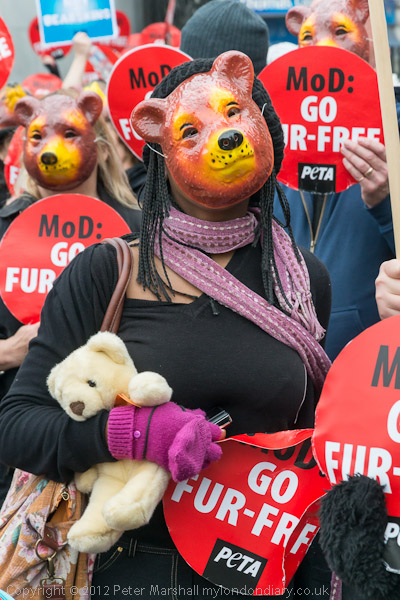
They had also been asked to wear black clothes, but at least had been told to bring their own teddy bears.
More pictures at PETA ‘Spare the Bears’ March
Solidarity with the Bahraini prisoners – Bahraini embassy, Belgrave Square
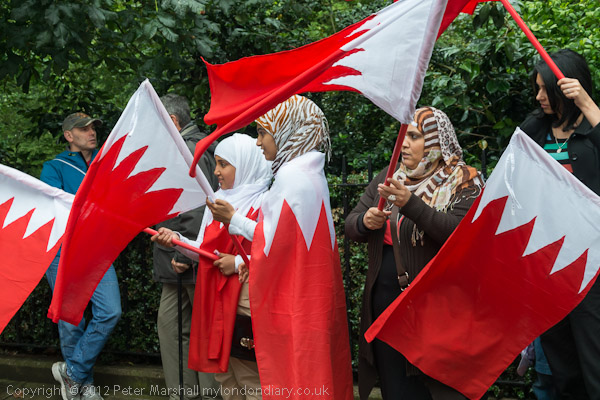
The Al Khalifa family has ruled Bahrain since the late 1700s and in 1820 made a treaty with Britain – since renewed on various occasions, becoming a British protectorate. The country became independent in 1971 – when the USA took over what had previously been the Royal Navy base – and the family is still in power.
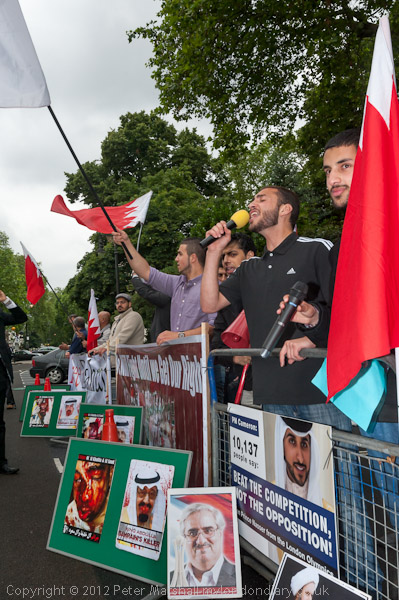
Various attempts to extend democracy in Bahrain led to little change in the ruling family’s control and to an uprising in 2011 with large protests and a brutal crackdown with many protesters tortured and around 120 killed. Mohammad Rahdi Mahfoodh was one of the ‘martyrs’ and was hit by a police vehicle and died from deliberate lack of care in a military hospital and mourners at his funeral were attacked.
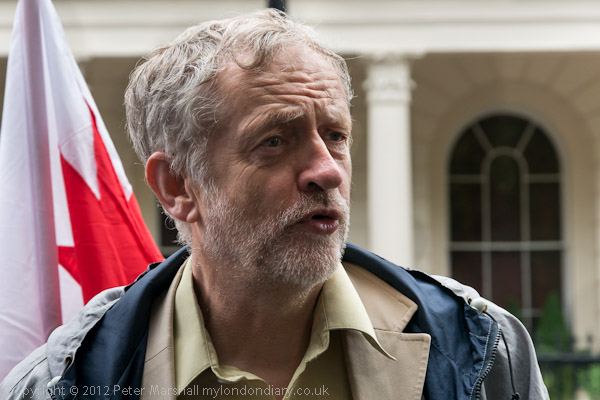
Speakers at the protest including Jeremy Corbyn were there and people were still arriving for the protest opposite the embassy which was just beginning when I had to leave for my next event.
More pictures at Solidarity with the Bahraini prisoners.
John Lewis cleaners step up protest – Oxford St
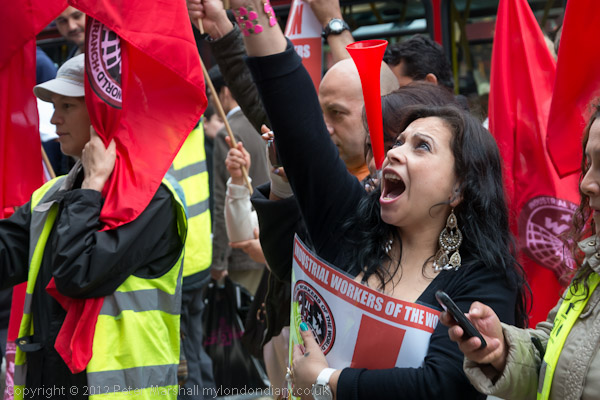
The flagship John Lewis store on Oxford Street is cleaned by people employed by Integrated Cleaning Management (ICM) who employ them on far worse conditions than if they were directly employed by John Lewis, and on the legal minimum wage, then more than two pounds an hour below the London living wage.

Unlike others who work in the store the cleaners do not take part in the bonus scheme in which John Lewis shares its profits with its workers (the ‘partners’) although their work is essential to the operation of the store.

The cleaners also complain about poor management by ICM with discrimination and abuse at work, and are currently threatened by a 50% cut in their hours.
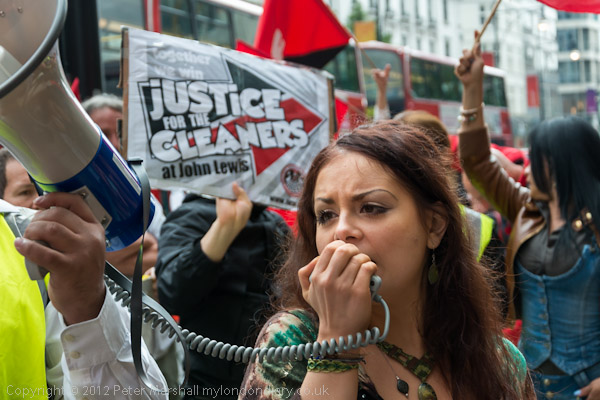
They had been long campaigning for equality of treatment and to be directly employed by the company they actually work for – John Lewis – and had held a one-day strike the previous day which had ended with a rally and a brief invasion of the store, though had caused no damage. But this perhaps explained the large numbers of police present, with small groups around each of the shop entrances.
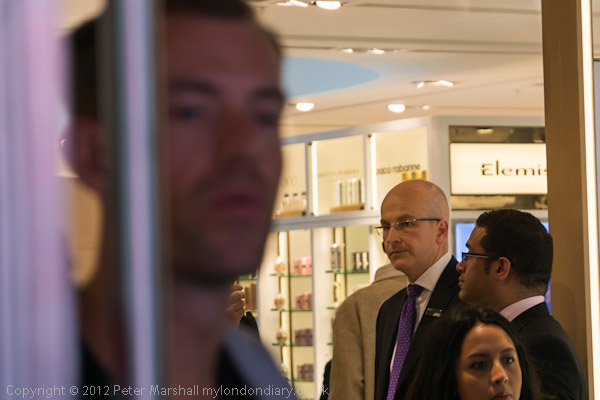
John Lewis senior management watched the noisy but peaceful protest from inside the store. The management were still refusing to talk with the cleaners Union, and another one-day strike was caused the following week.
Many more pictures on My London Diary at John Lewis cleaners step up protest.
Flickr – Facebook – My London Diary – Hull Photos – Lea Valley – Paris
London’s Industrial Heritage – London Photos
All photographs on this page are copyright © Peter Marshall.
Contact me to buy prints or licence to reproduce.
